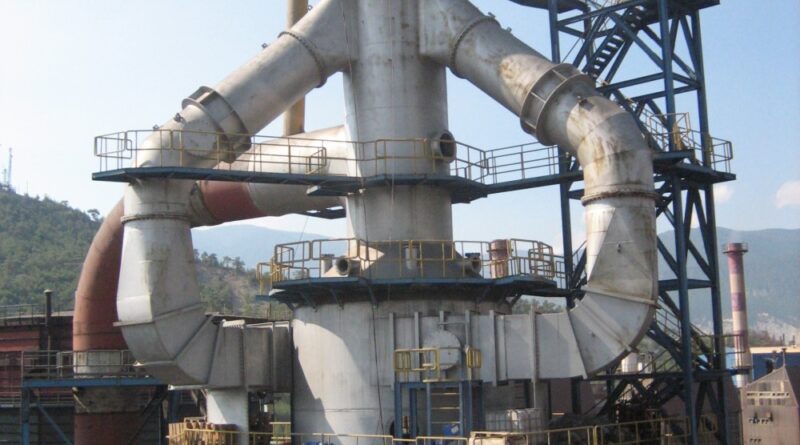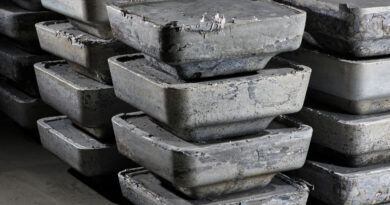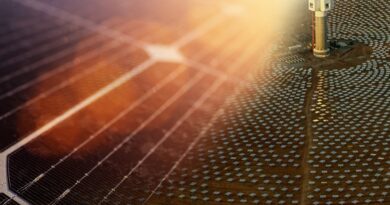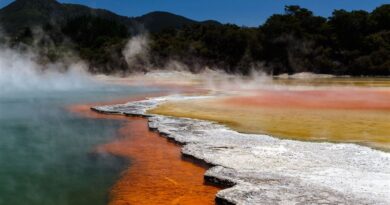New LPG initiative to reduce the pressure on electricity
The Department of Minerals Resources and Energy (DMRE) has launched its plan for The South African liquefied petroleum gas (LPG) market. It aims to grow the retail bottled gas market to reduce the pressure on electricity and to promote the domestic use of a healthier fuel, especially for heating and cooking.
It is a good idea. The irony is that it is in many ways what the private sector has been trying to do for decades. It knows that bottled gas use in other developing countries is alleviating the pressure on electricity grids, reducing deforestation, and improving public health by reducing indoor pollution.
Greater use of gas could also do all these things for South Africa; our problem (as always) is implementation. Major regulatory hurdles in the way have often been ignored. Existing regulations have not been enforced. People the government wants to use LPG already use illegal ‘free’ electricity. They have little interest in paying for LPG. Electricity charges telephones and laptops. Gas does not.
Meanwhile, the LPG industry in South (and southern) Africa is now supplied through two monopolies, one in Saldanha bay port where Vitol (a Swiss based oil trader) has a stranglehold on supply through their control of gas storage and gas import facilities. The other monopoly is held by Petredec (another international oil trader) with a similar tight grip on imports through Richards Bay.
These two monopolies contravene the law governing ports and pipelines. They are also profiting at the expense of the South African economy and the LPG users of the region. Government and regulators have chosen to turn a blind eye to this, even while our refineries that can produce LPG close down.
So far official thinking has been to keepcylinder deposits lower than their cost. It does not help the consumer. It limits competition and pushes up the price of LPG. It makes large cylinders cheap for industry and restaurants who are in effect cross-subsidised by domestic users.
The DMRE‘s pricing formula for LPG creates uncertainty and further frightens investors and limits competition.
What changes to this unhappy situation are proposed? Nothing less than State control of the retail LPG value chain from importation and storage to cylinder production, from the wholesale price of LPG to its retail selling price, including cylinder deposit levels.
Overseeing this will be an army of energy inspectors to monitor and control Black entrepreneurs who will sell bottled LPG to the inhabitants of our deep rural areas and those in informal and formal housing that ring our urban areas.
The new tomers required will be drummed up by a 24 hour national advertising campaign to dissuade people from pinching electricity, to stop refusing to pay for it, and to switch to using LPG for cooking and heating.
The Government has spoken. It will fix all problems. It will make LPG available and affordable to the masses who henceforth will cook and heat their homes with gas. Black entrepreneurs will sell LPG in cylinders. They will get their supplies directly from the Government which will keep close control of the retail price and the profit to be made on every kilogram. What could possibly go wrong?
The Plan says South Africa should “consider” importing its gas from Algeria, Nigeria, or Angola, rather than from the Middle East, “in pursuit of the continental development agenda”, but all suppliers will insist on US dollars in payment. The numbers that look good today may look entirely different, and not in a good way, tomorrow.
Every winter in South Africa there is a shortage of LPG. Ships arrive late. Storage facilities are inadequate. Port managers are not cooperative. Even if you own a refinery and can produce Butane and Propane that is only the beginning. As in war, selling petroleum fuels depends on good logistics. Our government does not have a good record in that area.
Nice as it is for the DMRE to do something about the energy crisis, selling LPG should be left to those who risk their own money, not to civil servants who have no skin in the game.
The most important thing to do is to encourage more private import gas terminals. Cut red tape. (The largest terminal in the country in Saldanha took eight years before it could break ground). Allow anyone and everyone to explore for gas – yes even fracking in the Karoo – but not at government expense.
Expanding the bottled LPG market is a good idea but it will take a sea-change in public perception, a thorough clean-up of the gas safety regulations; and a recognition in national fire departments that container storage can be made safe.
The Plan is just the firing of a starter gun in a very tough race, best left to the industry with the experience in running it.
The gas penny has dropped, but it is not for the Government to pick it up. That way lies more tax-gobbling by the State. A better way would be to deregulate the LPG market, and clear obstacles in the way of new gas storage facilities capable of accepting imports. Tax holidays for gas bottle manufacturers who use plastic instead of steel merits exploration. But attempts by bureaucrats to take over the LPG market under the guise of regulation in the interests of the consumer or creating jobs may be understandable but it is not the way to do it.
Storing gas safely, importing it and transporting it across the country and selling it profitably is not as simple as it seems to those who have no experience of doing so. And it is quite beyond the experience of most people employed in our dysfunctional civil service.




